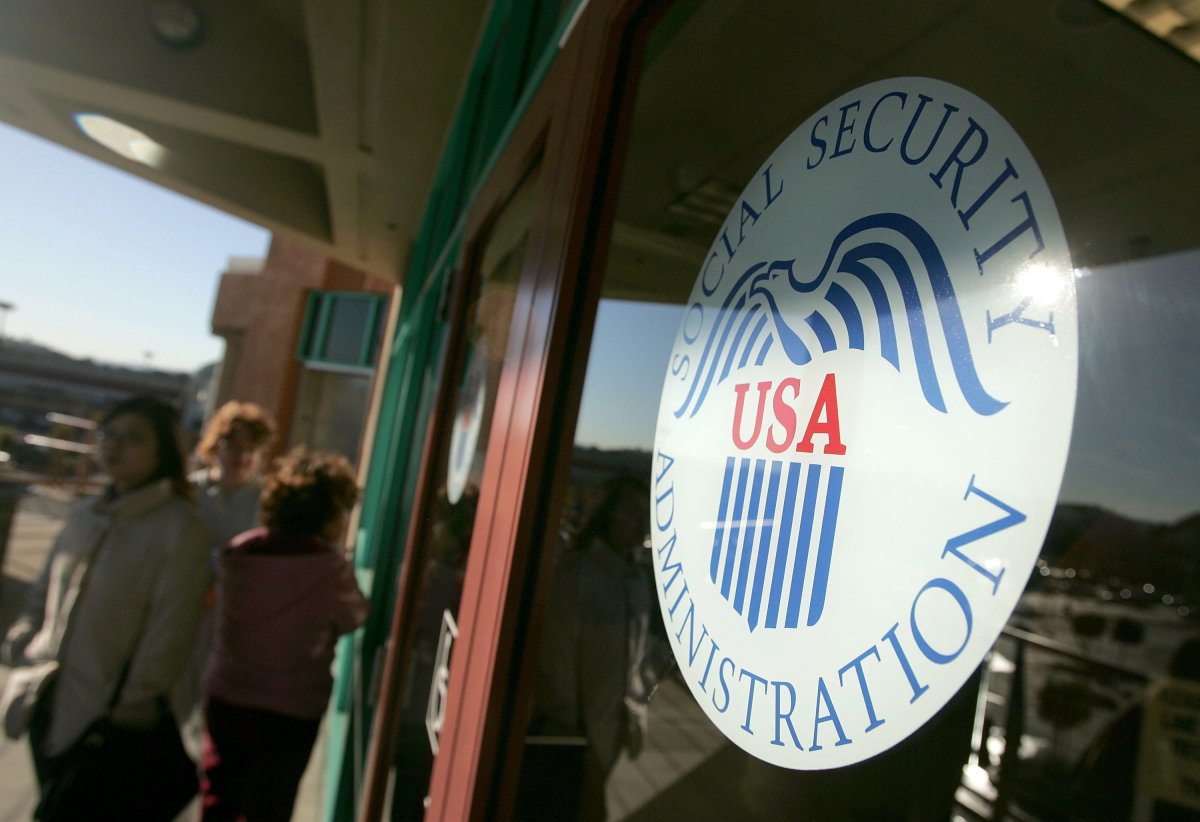The retirement age to qualify for Social Security benefits has changed in 2025, impacting millions of Americans.
Why It Matters
The retirement age refers to when seniors can receive monthly benefits for the full amount they're entitled to. The benefit can be claimed earlier, starting at age 62, but the payments will be less.
Since the retirement age is changing, seniors will want to make their decisions on when to file for benefits with the new age in mind.
This ultimately can cause them to get a higher or lower benefit amount over time, since your monthly check depends on retirement age and income earned while in the workforce.

What To Know
In 2025, those born between 1943 and 1954 will have a full retirement age of 66, but everyone born after that will have to wait a bit longer.
Those born in 1955 will have a full retirement age of 66 and two months, and 1956 babies will be at 66 and four months.
Those born in 1957 will see their full retirement age moved to 66 years and six months, with 1958 babies earning full payments at 66 years and eight months.
Finally, those born in 1959 can get full Social Security checks at 66 and 10 months, and those born in 1960 will reach full retirement age at 67.
Under the new rules, those who were born in the second half of 1957 and those born in the first four months of 1958 reached full retirement age in 2024.
In 2025, people born in the last eight months of 1958 will reach full retirement age, while those born in the first two months of 1959 will be at full retirement age near the end of the year.
What People Are Saying
Alex Beene, a financial literacy instructor for the University of Tennessee at Martin, told Newsweek: "Years ago, Congress established a system for tabulating the full retirement age for Social Security recipients that involved incrementally moving up that qualifying age by two months for each successive birth year.
"This means the exact month you'll be able to qualify for benefits at the full retirement age is linked to the year you were born. The misperception here is the belief Congress is currently raising the age for qualifying for Social Security benefits, and that isn't the case.
"You can still have access to those benefits starting at age 62. This increase is only for those willing to wait to draw their benefits at their full retirement age and receive a higher payment."
Michael Ryan, a finance expert and the founder of MichaelRyanMoney.com, told Newsweek: "This isn't just a bureaucratic adjustment but a response to increasing life expectancies and the financial challenges facing Social Security."
What Happens Next
If seniors decide to file for Social Security benefits before their retirement age, they won't get full payments. However, those who wait to collect until after their full retirement age will see the amount increase each year up to age 70.
In 2025, the cost-of-living adjustment has also been updated to 2.5 percent. That means the average monthly payment will increase from $1,927 to $1,976.



















:quality(85):upscale()/2024/04/24/878/n/3019466/36c5693c662965c5d1ce91.72473705_.jpg)
 English (US) ·
English (US) ·